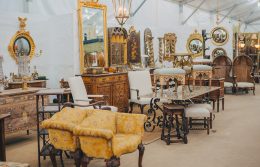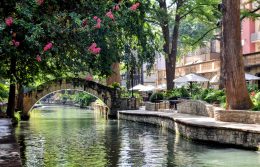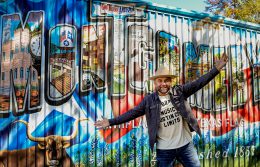City Spotlight: Luckenbach
Everybody’s somebody in Luckenbach. We all know the words to Dale Watson’s tune. Most Texans know that the tiny hamlet — hardly much more than a widening of a Hill Country road — is a place where everyone belongs, where everyone can call their home, and where you can get “back to the basics of love,” as Waylon and Willie put it.
Luckenbach is a unique spot in the state, entrenched in Texas’ musical heritage and steeped with a history that has made it a symbol of everything that’s free, sweet, and lovely about Texas life. But how did it come to be that little Luckenbach became so much more than a little town?
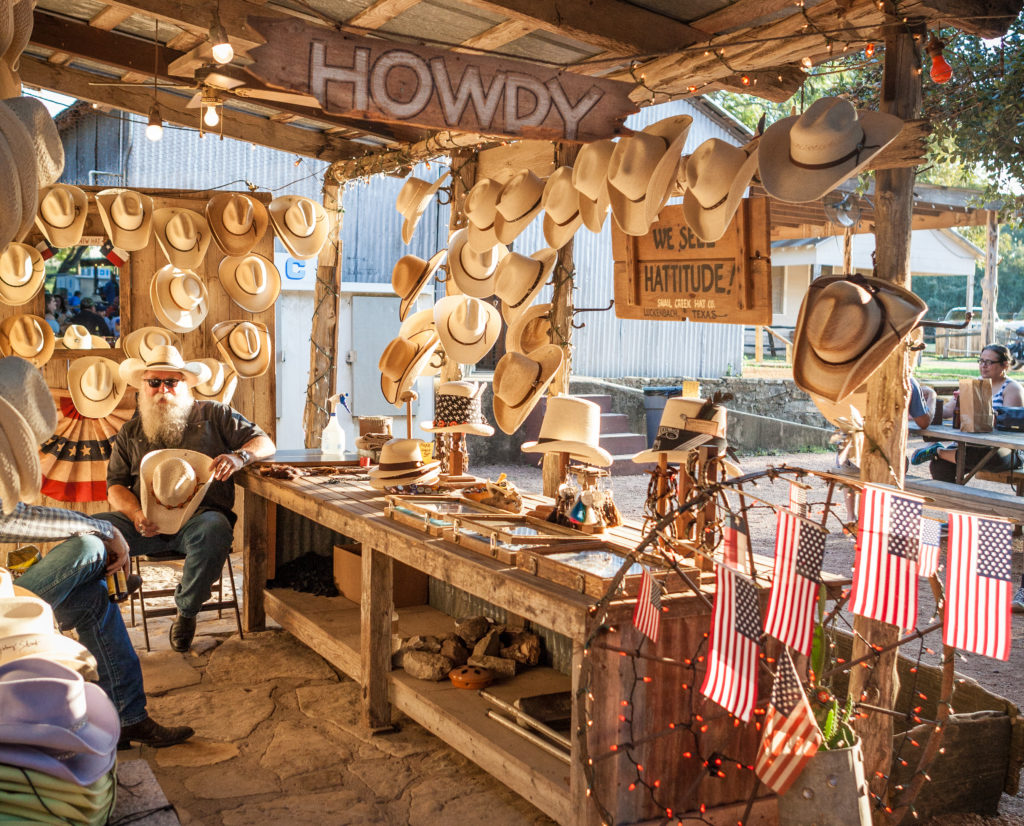
German Roots
Like much of the surrounding countryside near Fredericksburg, Luckenbach was originally settled by German immigrants in the 1840s and 1850s. Among these settlers was Texas Revolution veteran Jacob Luckenbach, whose son Albert is the town’s namesake and who settled in the bottomlands along Grape Creek, a tributary of the Pedernales River.
A post office opened at the site in 1854, and the surrounding settlers soon established a store, a cotton gin, a blacksmith shop, and, pivotally, a dance hall. The population of the farming community grew through the latter half of the 19th century, eventually reaching a peak of 492 residents in 1904. Then, as Fredericksburg grew and times changed, the population quickly declined. The dance hall was restored in the 1930s, and locals held regular dances. But by 1960, the population dropped to around 60, and Luckenbach was a forgotten satellite settlement of Fredericksburg.
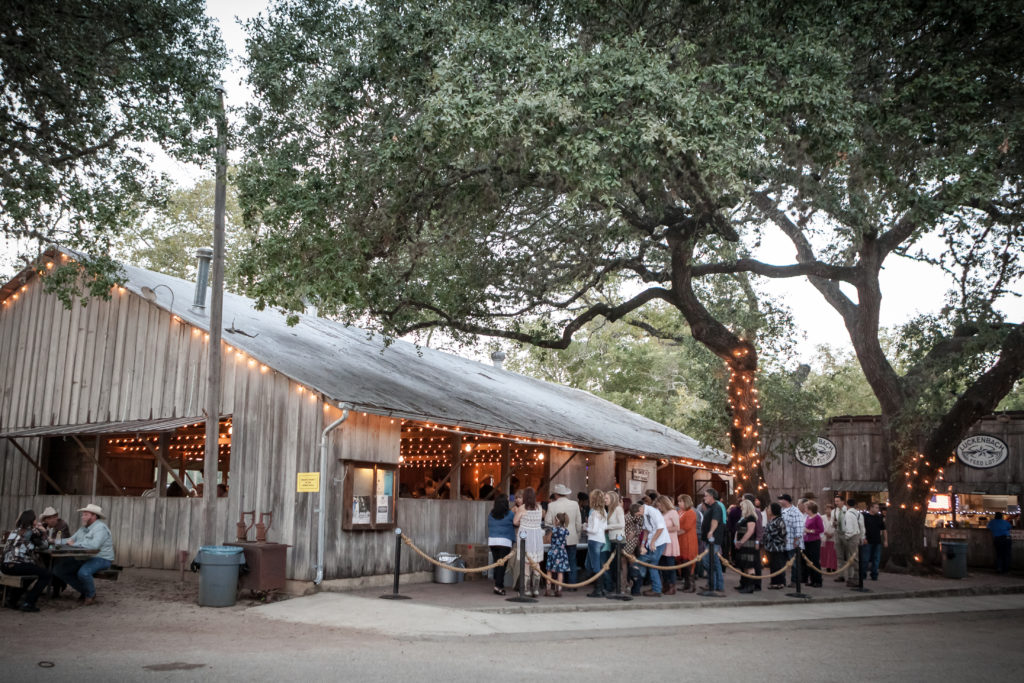
Embraced by the Outlaws
By 1970, Luckenbach was essentially a ghost town. The land was put up for sale in a local paper. When actor Guich Koock and rancher and Texas folklorist Hondo Crouch read the ad — “town, pop. 3, for sale” — they couldn’t turn down such an intriguing and romantic offer. They purchased the site for $30,000, reopened the general store, and began to invite artists to perform in the dance hall.
One of the first to do so was Jerry Jeff Walker, who recorded his live album, Viva Terlingua, in Luckenbach, helping to cement the town’s association with Texas’ outlaw country music scene. Waylon Jennings and Willie Nelson would swing by Luckenbach, of course, as did many of the biggest names in Texas music. But what gave the place its charm was the quaint, hometown vibe that made you feel like no matter who you were, you belonged in Luckenbach.
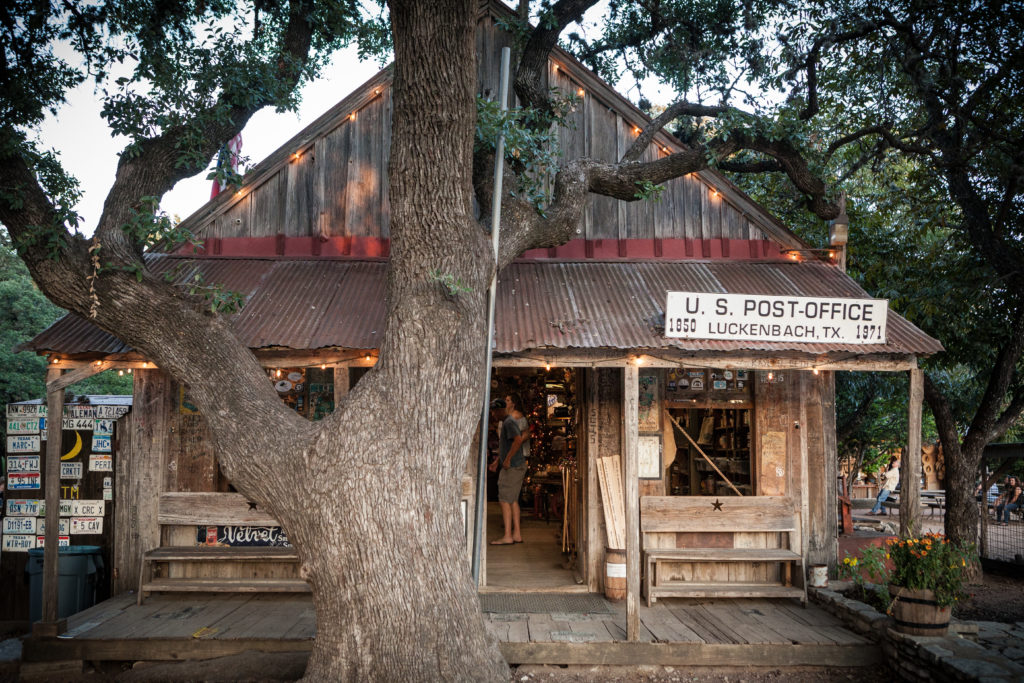
How to Go Back to the Basics
Although the post office shut down in 1971, and the cotton gin and blacksmith shop were washed away in a flood in 2002, today, Luckenbach’s dance hall and general store are thriving. A regular schedule of top Texas acts take the stage under the stars in the dance hall Friday and Saturday nights, while an outdoor stage overlooking the creek is a perfect place for whiling away a perfect spring day in the Hill Country.
© 2019 Texas Farm Bureau Insurance

